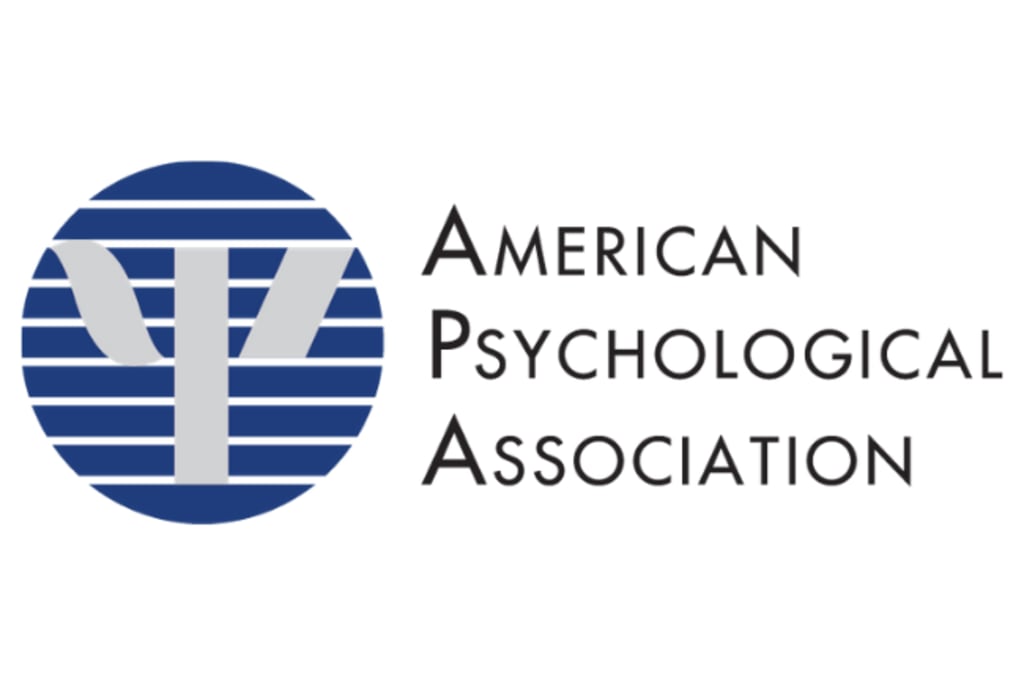Top Psychology trends
The American Psychological Association

- What's next?
Fighting misinformation is more difficult than ever. With millions in new federal funding, psychologists are studying the spread of misinformation and widely disseminating the science-backed strategies to best combat it. The American Psychological Association spoke with more than 100 top psychologists to reveal the top challenges facing the field and how psychologists are tackling those problems.
In higher education, a number of dramatic changes in society, including a widespread mental health crisis, are fueling faculty burnout, high turnover, and fear among educators. A recent survey revealed that 64% of faculty said they felt burned out. Reaction against racial equity is growing, with institutions cutting equity, diversity, and inclusion funds and positions. State and federal legislation, such as the Supreme Court's decision against race-based affirmative action, has created a number of roadblocks for those seeking racial equity.
Despite these losses, psychologists are still working to build a more equitable society. More patients are being seen by psychologists. In spite of the fact that there is a mental health crisis in the US, 80% of people who seek treatment say it is too costly, and over half feel too ashamed to do so.
Furthermore, 60% of psychologists report that they are not accepting new clients. In an effort to help more patients, some psychologists are pushing for insurance to cover digital therapeutics and other novel ways to currently available therapy. Profiting from mental wellness is more difficult than it seems. The mental health IT industry is seeing improvements in both clinical and business standards as a result of several high-profile layoffs and ethical transgressions.
Psychologists are upbeat about this second wave of investment, which is concentrated on financing items created by professionals in the field of mental health treatment. Improving employee well-being is a top priority. People look to their jobs for stability and purpose. In a recent survey, 38% of respondents expressed concern that AI will eventually replace them.
Furthermore, according to APA's Work in America Survey, just 40% of employees feel their vacation time is valued. Psychologists are researching the best ways to create a healthy work environment and what helps employees the most. Psychologists are using new approaches to address substance abuse.
According to the most recent data, there was an approximate 54% increase in drug overdose deaths over the prior year. About two thirds of these fatalities include fentanyl produced illegally. To assist individuals in overcoming addictions, psychologists are creating novel interventions. There will be more school psychologists soon. In the US, there is only one psychologist for every 1,127 pupils. There is a strong drive to educate and employ more school psychologists as a result of the rise in stressors at school and the dearth of mental health professionals. Federal funding has also grown as a result. Legislators are targeting women and LGBTQ people.
Limitations on access to gender affirming healthcare and abortion have drastically changed marginalized communities' ability to make their own decisions. Numerous recent regulations ostensibly seek to safeguard people's mental and physical well-being, but decades of study indicates that they actually have the opposite effect. Psychologists are opposing these initiatives by supporting patients in speaking out, advocating for legislation, and participating in advocacy campaigns. The design of therapy rooms is always changing. With 40 states currently part of PSYPACT, telemedicine is becoming a standard therapeutic approach.
Additionally, although though AI is currently not frequently employed in providing direct patient treatment, therapists are spending less time on administrative duties thanks to AI-backed solutions. Aging and brain health are improving thanks to psychology. According to APA projections, the US will require approximately 6,000 more professionals in the treatment of older individuals by 2030.
Interventions that can help treat Alzheimer's disease, dementia, and moderate cognitive impairment are being developed by researchers.
About the Creator
Enjoyed the story? Support the Creator.
Subscribe for free to receive all their stories in your feed. You could also pledge your support or give them a one-off tip, letting them know you appreciate their work.






Comments
There are no comments for this story
Be the first to respond and start the conversation.